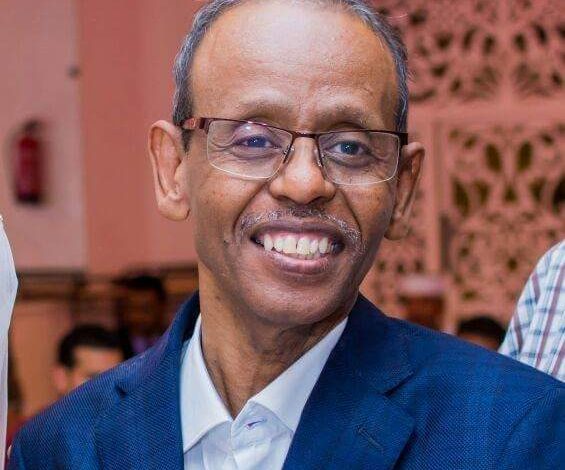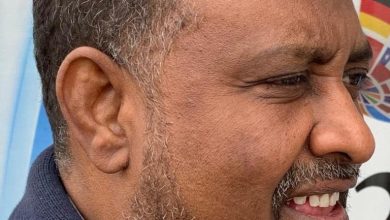Opinion
(The Sukhoi) Al-Eisair Fights to Defend the Title

By Adel Abdulrahman Omar
Khalid Al-Eisair never expected to leave the foggy city of London to settle on a coastal town where oppressive heat, suffocating humidity, and crippling electricity shortages prevail. Before the Dignity War, those who knew Al-Eisair were mostly his relatives, friends, and colleagues. However, as the lines became clear and the majority of the public rallied behind the armed forces, a faction opposing the Sudanese state and siding with the rebellion emerged. Among them were media professionals, journalists, and public opinion leaders. At the same time, a distinguished group of journalists stood out in defense of Sudanese identity. Their voices were initially discordant, overshadowed by the flood of political money and the early dominance of the militia, which controlled public spaces, state facilities, and civilian landmarks.
It was during this critical and sensitive juncture that Al-Eisair’s star began to shine. With sharp blows and a clear, logical approach, he dismantled the arguments and rumors propagated by his rivals who supported the deviant rebellion. Satellite channels celebrated this tenacious journalist and fierce fighter who skillfully convinced viewers with his perspective, staunchly defending the Sudanese Armed Forces and the nation. Through this battle, Al-Eisair’s prominence earned him a place in the executive branch as the Minister of Culture and Information.
This appointment raises a pressing question: can such a complex and deeply troubled ministry be fixed by a young man with no prior experience in the cold, bureaucratic corridors of government? To answer this, one must look at the minister’s first days in office. If the ministry were a chessboard, all his moves so far appear successful—from his visits and meetings with journalists and staff to motivating employees and, finally, issuing the Senga Liberation Statement as the government’s official spokesperson.
In my view, the key tools supporting the armed forces in their campaign to quell the rebellion are the Ministries of Foreign Affairs and Information. These ministries are tasked with clarifying, promoting, and defending Sudan against all poisonous media, violations, conspiracies, desecrations, and rumors. The recent changes have brought two capable ministers to these roles: seasoned technocrat Ambassador Dr. Ali Youssef for Foreign Affairs and Khalid Al-Eisair, a true son of the Dignity War, for Information.
For these transformations to succeed, the state leadership must stand firmly behind them. Managing the limited financial resources requires exceptional skill to ensure they are allocated to priorities that uphold the nation’s cohesion and protect it from both internal and external threats.
Some may perceive this as a flattering assessment of those managing the state under dire and harsh circumstances. However, this is the destiny of leaders and the path for nations to rise again after devastating catastrophes.



